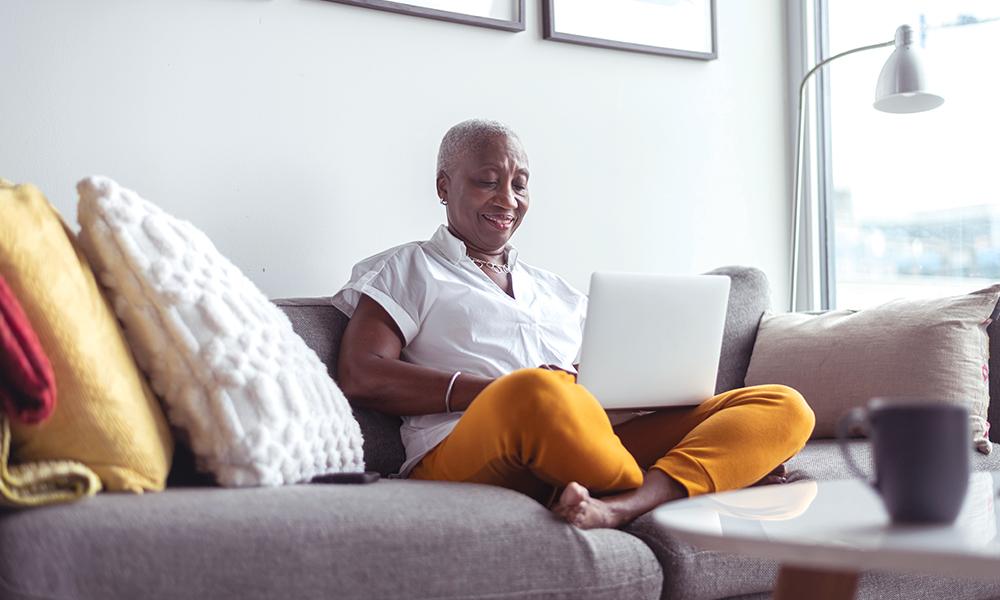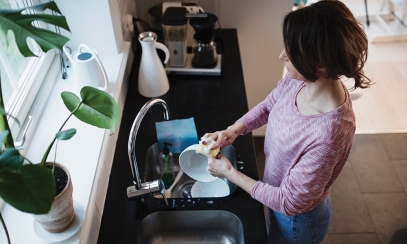
She Says: I Need My “Alone Time”
It recharges me to simply read or be quiet. It doesn’t mean I don’t want to be with him, just not every second.
He says: I feel rejected when she goes off by herself
If she loved me enough, she wouldn’t need to go into another room to be by herself.
Quality alone time is not only a good thing for our mental and spiritual health, but it also helps us to be better, more available companions to those with whom we are in relationships. It’s a human paradox, and Jesus was the very best example of it.
He was no doubt the most self-outpouring, other-focused person who ever lived, and yet he also “would withdraw to deserted places to pray.” (Lk 5:16) His solitude was not an impediment to his love for us. It was a prerequisite for it. And so it is for each of us. We need time alone like we need time for sleep.
This isn’t to say we don’t have differing individual needs for alone time.
Introverts typically need more and extroverts less, and when an introvert marries an extrovert, as appears to be the case here, there can be some adjustment challenges.
For starters and most importantly, don’t take your differences personally. You each have unique needs and so your shared goal should be to help one another make sure your needs are met. Her needs are apparently easier: just let her have the solitary time and space she asks for. And try to understand that it’s about her, not you. If he needs more companionship time, are there some solid friends or family members he could spend more time with?
Second, be aware there could be some deeper, more problematic issues going on, and that it’s OK to do an honest check-in about them. For her: Are there qualities of his that you haven’t told him about – or even admitted to yourself – that make you want to withdraw from him?
For him: Are there some underlying insecurities about yourself and about your relationship that make you afraid to ever be apart from her, or even to be alone at all? If it’s yes to any of the above, consider some individual or marital counseling.
The bottom line is, regardless of how much or what type of alone time each of you needs, try to dedicate yourselves to becoming more aware and supportive of the other’s particular needs.
Steve and Bridget Patton hold master’s degrees in theology and counseling and serve as family life ministers in the Diocese of Sacramento.



